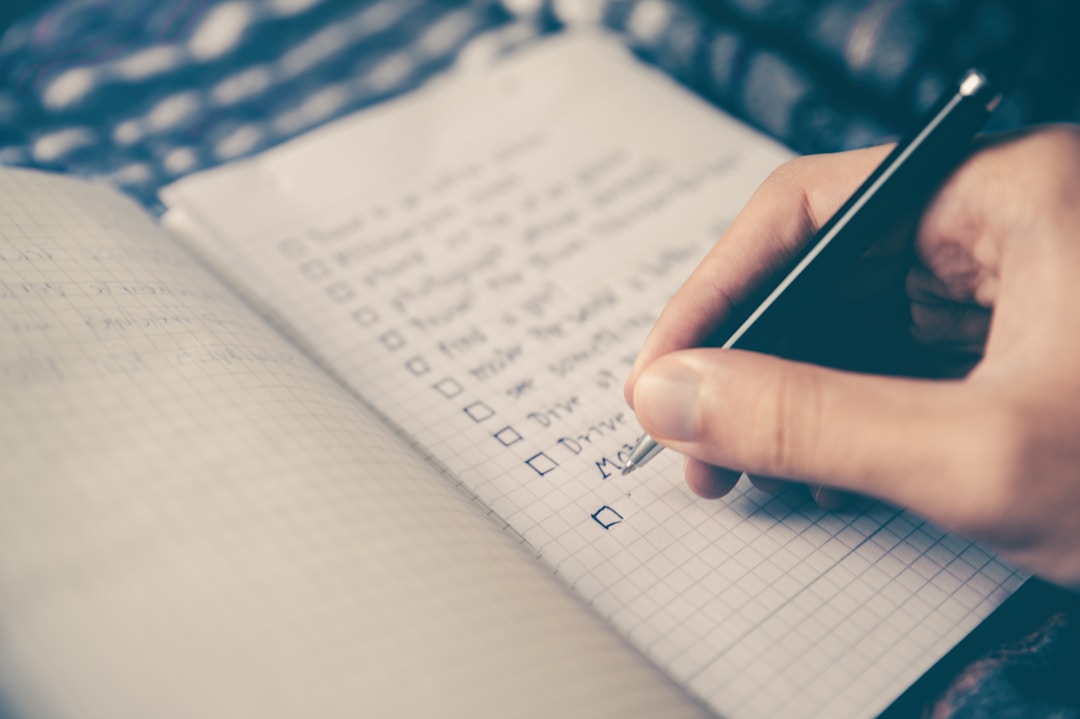Buying your first home is an exciting experience, but it can also be a bit nerve-wracking because it is a major financial commitment. You want to make sure you are getting a house that fits your specific needs and is within your price range.
You will also need to look into things like utilities, HOA fees, inspections, home improvements, insurance, and more. There are many things to take into consideration before making such a big decision. Here are a few tips to help get you started as you look for your first home.
1. Find out what you can afford.

You can use an online amortization calculator to determine what the monthly payments will be based on the asking price of the house. Your monthly payments will be influenced by the interest rate and your credit score. You will need to talk to your lender about both interest rate and credit score to know what to expect. This will allow you to determine what you can realistically afford given the other house expenses you are going to have. You need to figure in your down payment and closing costs to know your total out-of-pocket expenses.
You also need to decide on the type of loan you qualify for a conventional loan, an FHA loan, a VA loan, or a USDA loan. Your lender can provide preapproval, but they will approve you at the absolutely max you can afford on paper, your goal should always be lower than the preapproval amount. the seller may want to negotiate the selling price with you. As the buyer, you will work through your real estate agent on negotiations.
2. Decide what you need.

Make a checklist of what you are going to need to buy the house, as well as after you buy the house, so you are prepared. For example, your lender will need a lot of paperwork from you. You will need an inspection, an appraisal of the house, quotes for the homeowner’s insurance, and estimates for any work you’ll need to get done right away based on the outcome of the inspection.
You can talk to contractors with the home inspection report to get estimates. You’ll need to find a movie company or moving trucks depending on how much you plan to do yourself. You’ll need to look into changing your address and having all the utilities set up and your accounts changed.
3. Get an inspection done.

While most states and lenders will allow you the option to waive an inspection if you are agreeing to buy the house as-is, an inspection is critical to know exactly what you are getting into. The foundation, the roof, the furnace or heat pump, ductwork, and the central air conditioner, and the hot water heater are all possibly major expenses if they need to be repaired. Even if you are planning to buy the house regardless of repairs needed, knowing what you are getting into will allow you to plan accordingly.
Likewise, the inspection may give you peace of mind that the repairs aren’t actually that critical. For example, you may discover the air conditioning isn’t working, but it may just be the condenser, refrigerant, filter, or coils. You can ask around to get tips for selecting the right air handler for your central AC system to have it checked out and get you an estimate on fixing it.
4. Get quotes for insurance.

You will be required to carry homeowner’s insurance on your new home, so it is important to shop around to get the best price for the coverage you need. Most insurance companies like Geico, Nationwide, and Allstate offer bundles if you get both your homeowner’s insurance and your car insurance through them. Bundling your insurance policies will get you a discount. You can go online to companies like SelectQuote to get home and auto insurance quotes from multiple companies all at once.
5. Be prepared for the unexpected.

Some of the best advice for searching for your first home is to expect the unexpected. Homeownership may be very rewarding, but it is not very easy. As a first-time buyer, everything is going to be new, so the more research you do on your own, the more prepared you will feel. For example, look into different lenders and mortgage brokers you can work with. Look up the property taxes for the houses you look at.






